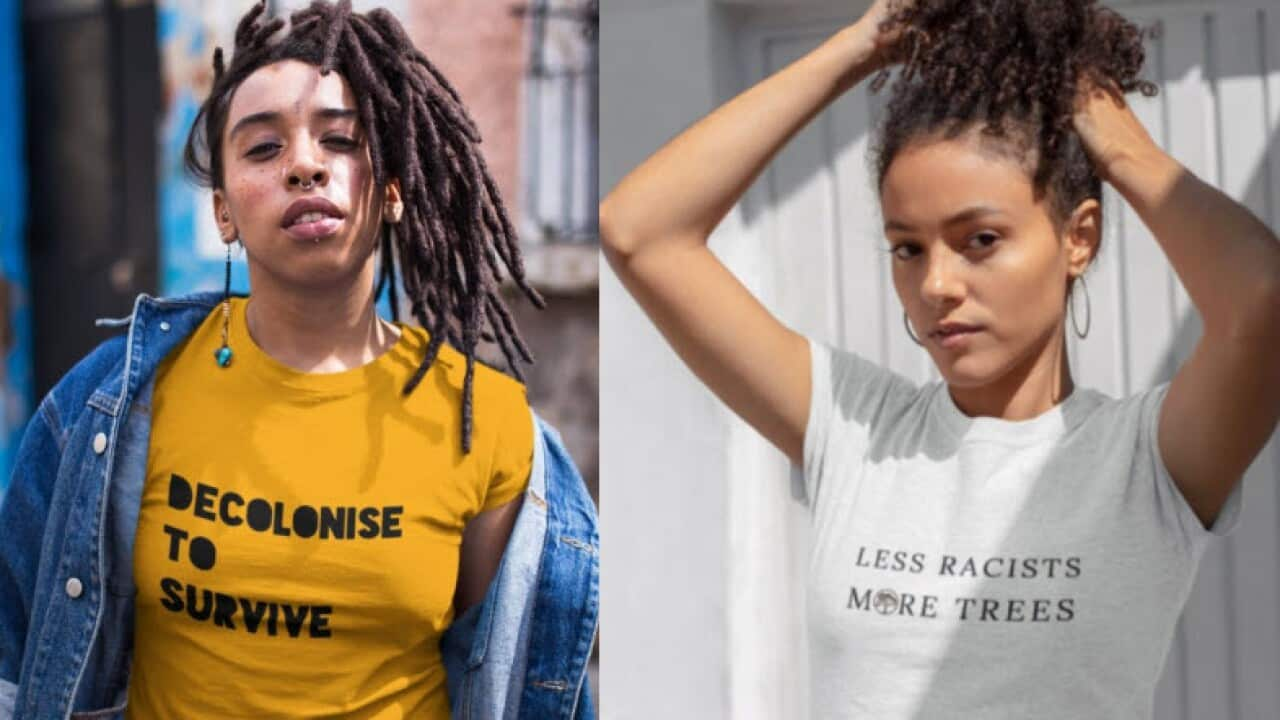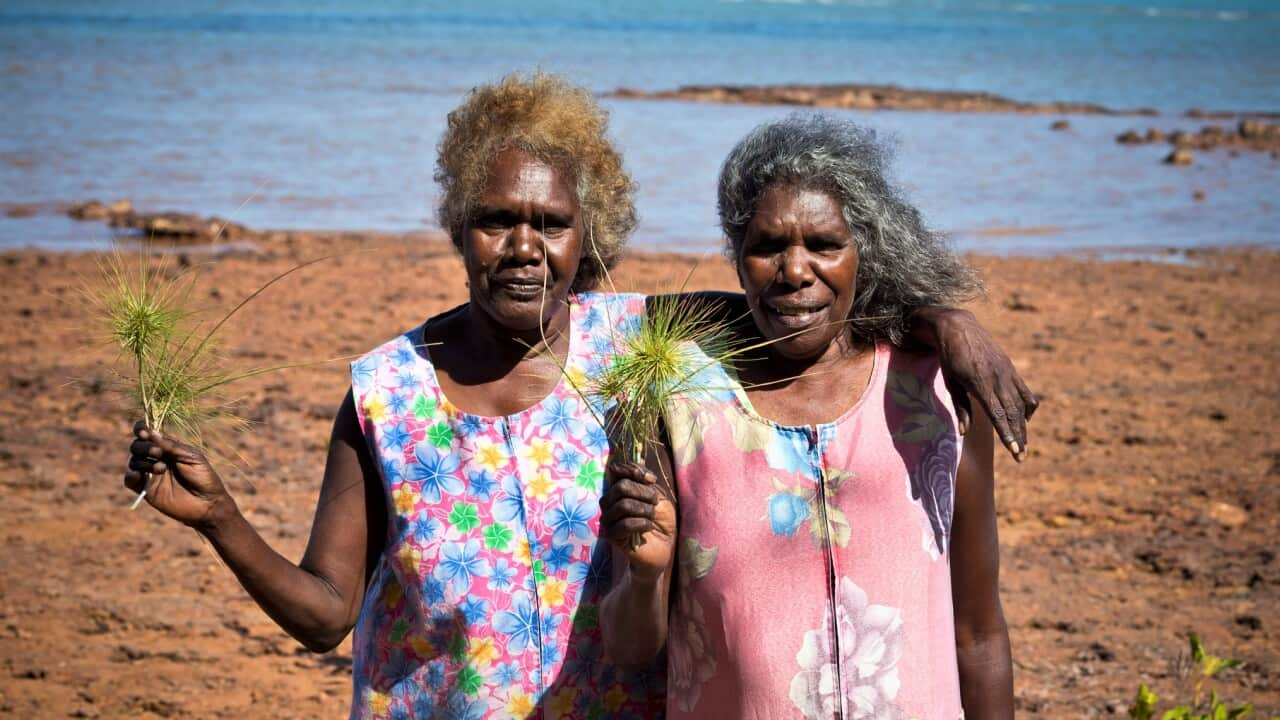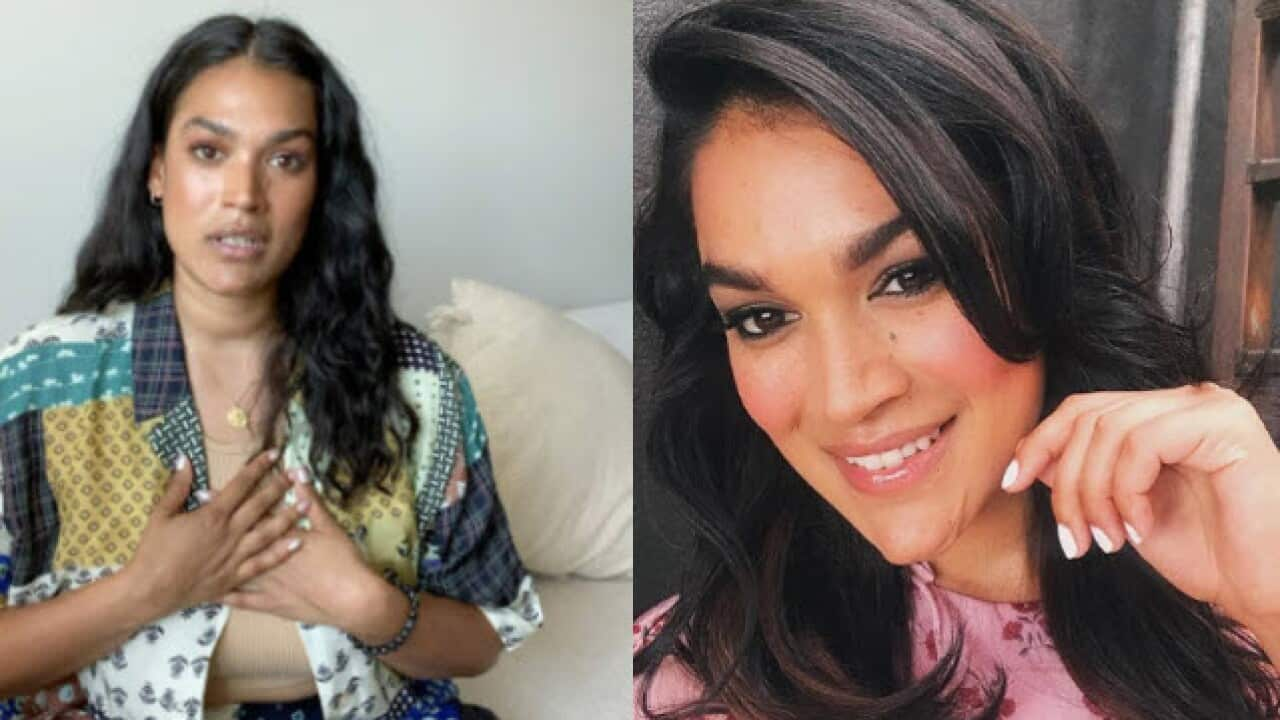Bundjalung woman, Ella Noah Bancroft is an Australian born artist, storyteller, teacher, director and mentor. She founded her fashion business on the slow fashion model, as a counter to fast fashion that she says has devastating effects on the environment.
“I wanted to start a business that was founded in looking at how we can still make a profit and impact the community without jeopardising our relationship with the Earth,” she says.
“Basically, what I wanted to do is take tee-shirts or clothing that was going to go to landfill and repurpose it; recreate tee-shits with strong activist messages on them.”
Her business, YHI Creations, upcycles waste clothing for selling online.
“The whole idea is that no new clothes are made during the production of recreations,” she told NITV Radio.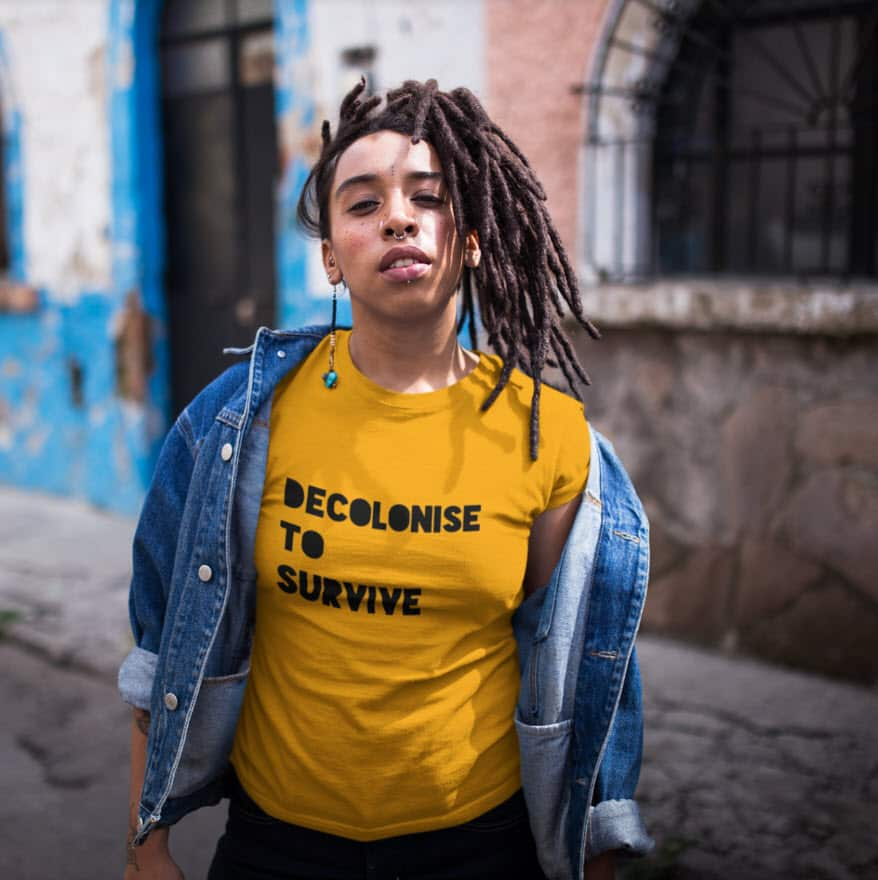 The tee-shirts are recreated with messages printed on them around the ideas of connecting with the country and environment protection but also around other social and political issues.
The tee-shirts are recreated with messages printed on them around the ideas of connecting with the country and environment protection but also around other social and political issues.

The tee-shirts are recreated with slogans printed on them around ideas of connecting with the country and environment. Source: Supplied
“The idea behind the messaging is to start opening up your eyes and taking nature and environment into consideration when thinking about every purchase,” she says.
‘Decolonise to Survive’ is about looking at what in your own life has been colonised. It’s about taking back power through sovereignty and looking at how colonisation actually disempowers us all.
According to studies, the fashion industry is the second-largest polluter in the world, after the oil industry. But Ms Bancroft says the environmental impact of the fashion industry may not be immediately apparent to most people.
“We don’t really see the impact of what fast fashion is doing to our environment because a lot of it is done offshore.
“By supporting fast fashion, we are actually supporting child-labour and environmental toxic waste. It is more than just buying a cheap piece of clothing – it really has a lot of blood, sweat and tears associated with it.”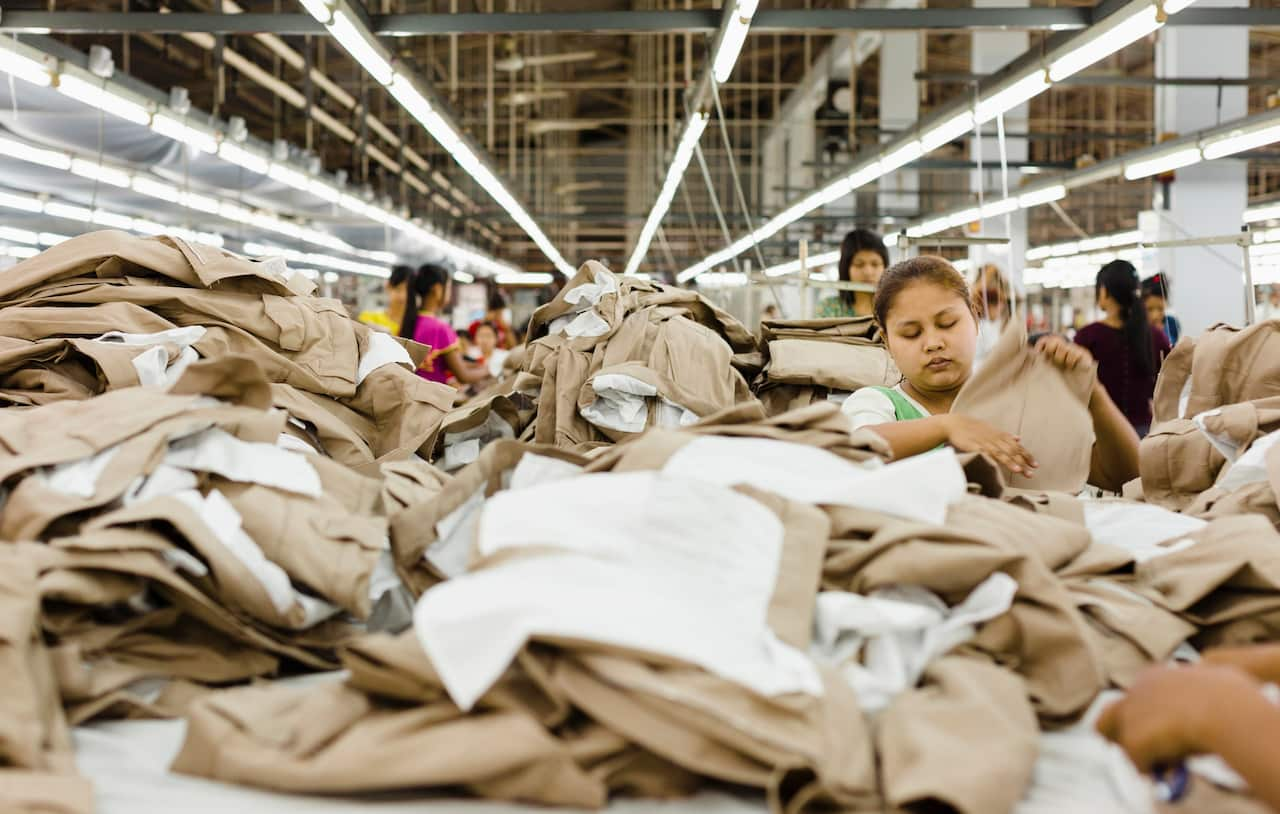 Ms Bancroft is also the founder of The Returning, a space for meeting and immersion for all women, particularly from disadvantaged women refugee and Indigenous communities.
Ms Bancroft is also the founder of The Returning, a space for meeting and immersion for all women, particularly from disadvantaged women refugee and Indigenous communities.

The textile industry is one of the world's biggest polluters. Source: Blend Images
She says the idea to start the Returning stemmed from her roots of a Bundjalung woman as well as the feeling that of losing connections with each other and the land.
“I wanted to create a space that inspires people to remember. Whether we are Indigenous or not, part of our bonds and ancestral lineage was that people worked symbiotically with nature and with each other.”
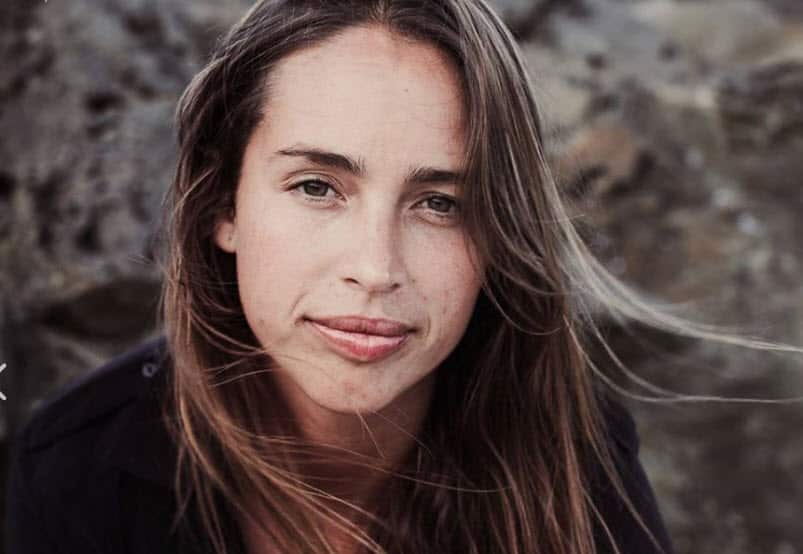
Ella Noah Bancroft Source: Jodi Plumbley
“For me, this is a really big instigator for trying to create a future for the children that I want to have and place for them where they feel seen and heard. So, I am definitely on a fight to decolonise and localise my community and society as much as possible.”
